Squash and Cucumbers yellow
amy_in_sc
13 years ago
Related Stories
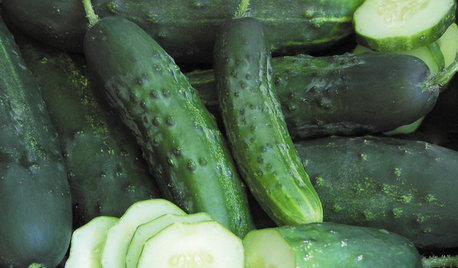
SUMMER FRUITS AND VEGETABLESSummer Crops: How to Grow Cucumbers
Pick a peck for pickles or opt for fewer and raw — no matter how you slice them, cucumbers are great for summer gardens small to large
Full Story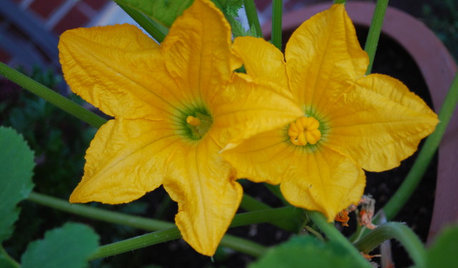
EDIBLE GARDENSSummer Crops: How to Grow Squash
Almost foolproof and with cheerful flowers, squash comes in a wide range of varieties to plant in spring
Full Story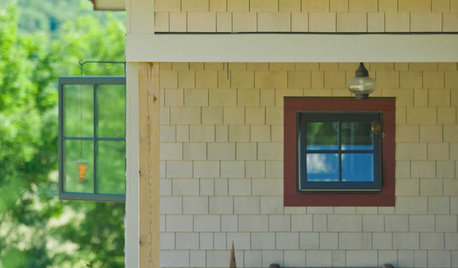
EXTERIOR COLORWhen to Paint Your Home Yellow
Be a cheer leader with this color that captures the sun and radiates a warm welcome
Full Story
COLORColor of the Week: Spring Blossom Yellow
Tired of winter yet? Bring on spring with our featured color of the week
Full Story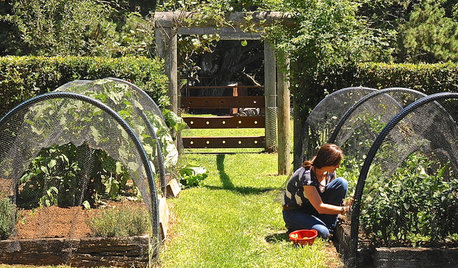
FARM YOUR YARDHouzz Call: Home Farmers, Show Us Your Edible Gardens
We want to see where your tomatoes, summer squashes and beautiful berries are growing this summer
Full Story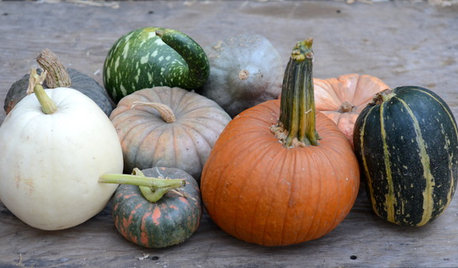
GARDENING GUIDESJoin Us for a Parade of Pumpkins
Fall eye candy: Get to know 9 winter squash varieties, including Long Island Cheese and Blue Hubbard
Full Story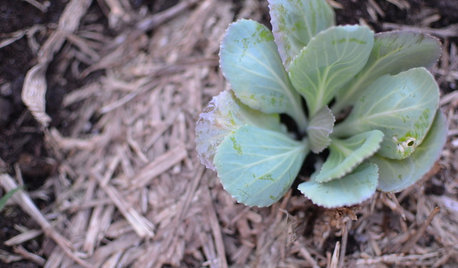
REGIONAL GARDEN GUIDESMid-Atlantic Gardener's September Checklist
Squash, anyone? Cool-season veggies are suiting up for the garden, while summer's last blooms are winding down
Full Story
COLOR4 Hot Color Trends to Consider for 2013
Bring some zing to your rooms for the new year, with high-energy shades that open the eyes and awaken the spirit
Full Story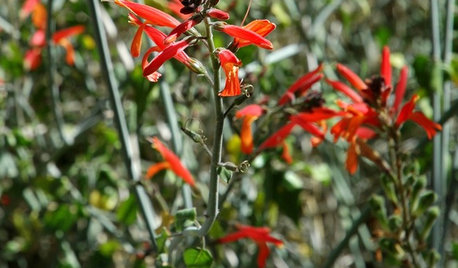
GARDENING GUIDESGreat Design Plant: Beloperone Brightens Casual Desert Gardens
Hummingbirds feast on its red or yellow flowers, and its drought tolerance and low maintenance will satisfy your need for ease
Full Story
FALL GARDENING11 Trees for Brilliant Fall Color
Give your landscape the quintessential look of autumn with the red, orange and yellow leaves of these standouts
Full Story





Dan _Staley (5b Sunset 2B AHS 7)
MeLikeOkra
Related Discussions
squash with a disease? and a cucumber problem
Q
yellow squash, zuchini, or cucumber? (cantaloupe?) #3
Q
yellow squash, zuchini, or cucumber? (cantaloupe?)#4
Q
yellow squash, zuchini, or cucumber? (cantaloupe?) #5
Q
amy_in_scOriginal Author
Dan _Staley (5b Sunset 2B AHS 7)
amy_in_scOriginal Author
skatcon
amy_in_scOriginal Author
girlgroupgirl
Belgianpup